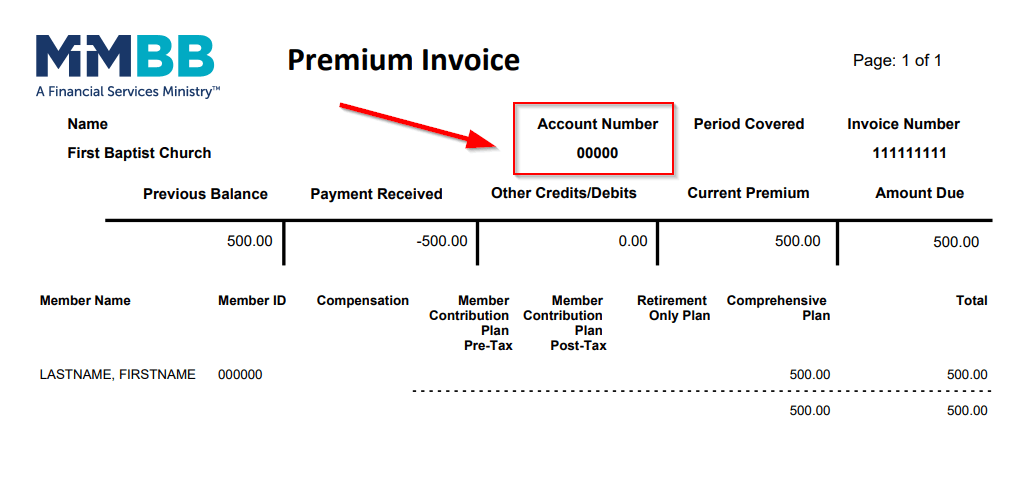In today’s world, just about everyone uses credit to obtain the things that they want or need, but do not have the cash on hand to pay for immediately. We use credit in many forms, such as a mortgage loan to buy a house, a student loan to pay for education for ourselves or our children, an automobile loan to purchase a vehicle, or credit cards to purchase big ticket items like new appliances.
When used wisely credit can be a helpful financial tool, allowing you to spread the cost of a large purchase over time. Many consumers will also use credit cards when faced with unexpected expenses, including home or auto repairs and medical emergencies. Credit cards offer convenience when traveling, such as renting a car, reserving a hotel room and making purchases all without carrying a lot of cash.
There is also a downside to using credit. It can be expensive. You need to be aware of interest rates, finance charges, annual fees, and penalties. These items can all considerably increase the cost of any purchase made using credit. There is also the ever-present temptation to overspend, since it so easy to just swipe your card and not worry about the amount that is being charged. Overspending on credit cards leads thousands of consumers into financial difficulty each year.
It is possible to use credit wisely if you take control of your finances by creating a realistic spending and savings plan so that you are aware of how much credit you can afford. This is where a budget can be very helpful. It allows you to outline your monthly expenses looking at how much you have available to spend and save, as well as how much debt you can afford to take on and repay. It is important to borrow only what you can afford to pay back. The general rule of thumb is to spend no more than one-third of your income on debt including mortgages, credit cards and consumer loans (auto loans, student loans, and lines of credit).
To be continued in our next blog post.
Back to Financial Resource Center









